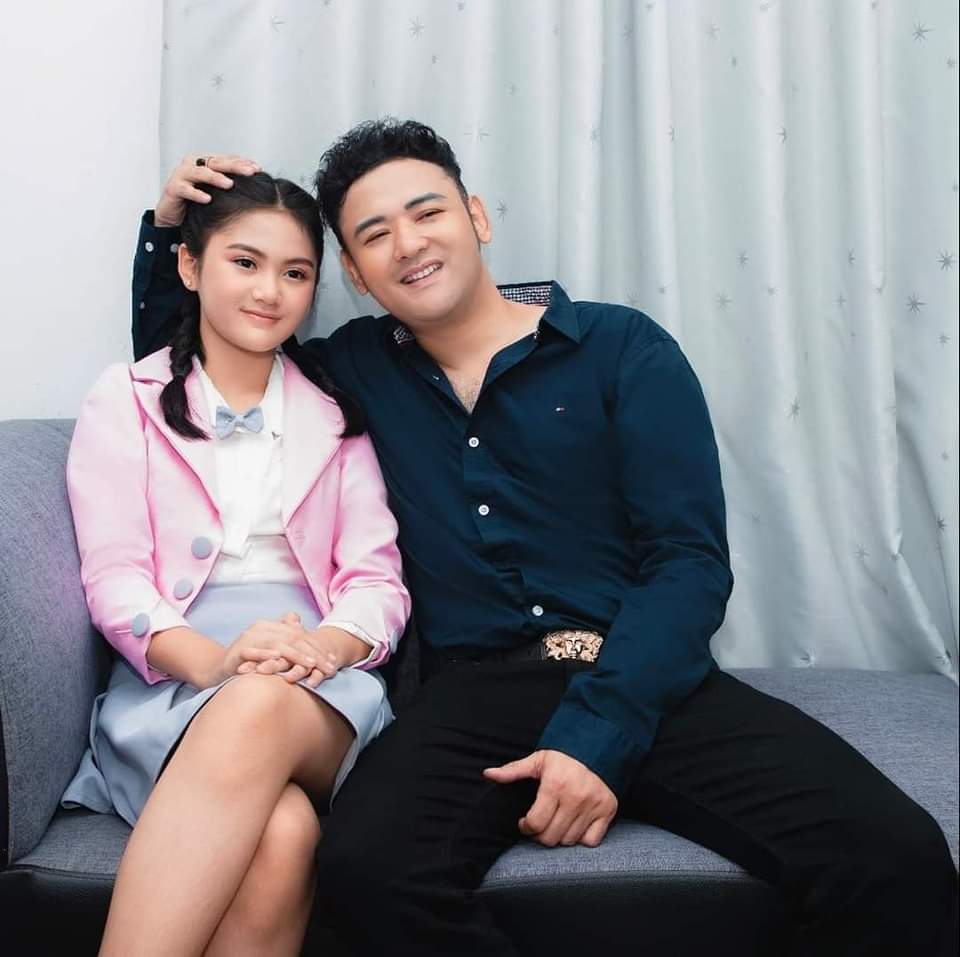This gives them a lot of



Startups
Etaily is a “one stop solution” for consumer brands that want to enter Southeast Asia
Catherine Shu
@catherineshu / 7:30 AM GMT+6:30•November 14, 2023
A stack of three cardboards boxes with the image of a shopping cart printed on them, resting on top of a laptop with the screen open to an e-commerce marketplace
Image Credits: https://www.gettyimages.hk/search/photographer?photographer=Tevarak / Getty Images
E-commerce in Southeast Asia grew rapidly during the pandemic, and that momentum is continuing.
A McKinsey report found that between now and 2026, the market is expected to triple at compound growth rate of 22%, hitting $230 billion in gross merchandise volume. Not surprisingly, global brands are eager to enter Southeast Asia. E-commerce enablement platform etaily helps them build, manage and scale their e-commerce operations.
Founded in 2020 and based in the Philippines, etaily announced today it has raised $17.8 million in Series A funding. The round was led by SKS Capital, a Chinese and Taiwanese private equity firm, and Singapore’s Pavilion Capital. SBI ICCP, a joint venture between ICCP Venture Partners in the Philippines and Japan’s SBI Holdings (formerly SoftBank Investments) and Kaya Founders also participated, along with the Magsaysay family, Chan family, Foxmont Capital and JGDEV, the corporate venture arm of JG Summit Holdings.
Etaily’s ecosystem includes end-to-end solutions for e-commerce and omnichannel global brands, along with its own portfolio of brands. The startup has about 50 global clients, including Levi’s, Crocs, Reckitt and Skechers who use it to develop lifestyle products, manage selling on platforms like Lazada and Shopee and brand.com, and fulfill orders through etaily’s asset-light warehouse network. So far, it has processed over 10 million orders, and expects to reach gross sales of $40 million this year, with a target of $100 million by 2025.
Before founding etaily, CEO Alexander Friedhoff had a long career in retail, starting with German shirt brand van Laack. There, his roles included manufacturing and product development in Vietnam, and business development and e-commerce implementation in countries like Australia and Germany. After van Laack, Friedhoff went to work at Southeast Asia e-commerce platform Zalora, where he built the Fulfillment by Zalora program.
Portrait of etaily founder Alexander Friedhoff wearing a black suit and white shirt against a rose colored background
etaily founder Alexander Friedhoff
Friedhoff decided to launch etaily in the Philippines because “Southeast Asia belongs to the fastest growing consumer markets in the world. In fact, the Philippines is the fastest-growing e-commerce market globally,” he told TechCrunch.
Etaily works primarily with brands in six segments: fashion, consumer electronics, lifestyle, beauty, home and living, and fast-moving consumer goods. They sell on their own websites or on e-commerce platforms like Lazada, Shopee and Zalora.
The value proposition etaily gives to brands centers around its managed services and technology. Managed services help brands grow by using etaily’s economies of scale, since adding an incremental brand doesn’t add a lot of overhead. It also helps brands on the demand side with customer data, etaily’s market knowledge, conversion optimization, demand forecasting and logistics.
Etaily monetizes by taking part of sales generated through its platform. It also has a subscription model, where customers pay a recurring fee for access to services like etaily’s subscription-based software, and generates more money through advertising its portfolio brands display on their platforms and content.
In terms of competition, Friedhoff names three companies: Japan’s Anymind, Intrepid Ascential and OnPoint Vietnam. Etaily also competes with regional e-commerce enablers. Etaily’s competitive advantage is how its operating platform is designed, and ability to capture more of the value chain, Friedhoff said. It’s omnichannel capabilities enables offline point-of-sale integration in the supply chain, which means global consumer brands that want to enter the Philippines only need etaily as a partner, instead of also finding one for brick and mortar sales.
Another advantage is the amount of data etaily generates by scaling different e-commerce brands. This gives them a lot of data points about consumer behavior, channel, demand and traffic, which helps brands as they launch.
Etaily’s vertically integrated services include selling its own brands and luxury 3rd party brands in more than 200 storefronts it operates on e-commerce platforms and standalone websites.
Most of them are powered by Clarity, etaily’s end-to-end e-commerce technology and operating ecosystem, which includes fully integrated trading, marketing modules, real-time business intelligence data, payments, couriers, fulfillment and customer service.